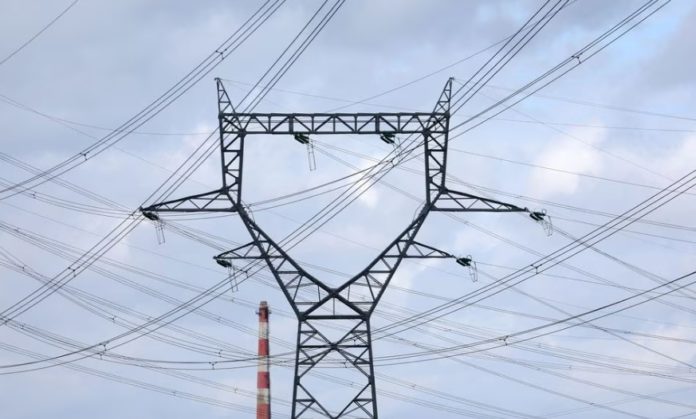A stand-off between France and Germany over the future competitiveness of their industries will be the central point of discussion when EU energy ministers meet in Luxembourg on Tuesday, EU diplomats said, according to Reuters.
The European Commission proposed an overhaul of rules governing the bloc’s electricity markets in March this year after Europe experienced very high energy prices in 2021 and 2022. The new rules seek to protect consumers from volatile fossil fuel markets with a shift to more long-term, fixed-price contracts.
However, its progress towards law is being held up by a disagreement centered on the contents of just one article – 19b.
The article spells out how state aid can be used to fund power projects. Berlin fears that France, with its vast nuclear fleet, will be able to offer such contracts to its existing nuclear energy fleet – then use excess revenues generated by these contracts on subsidizing industries.
Germany, the economic engine of Europe, is on the edge of a recession after losing access to the ample supply of cheap Russian gas it enjoyed for years. Berlin expects the economy to shrink by 0.4% this year as its industrial output continues to contract.
The remaining member states are divided. Central and Eastern European countries that have nuclear expansion ambitions of their own are backing France. Belgium, Denmark, Luxembourg, Austria and others are behind Germany.
Both sides have tabled multiple options since June. Spain, which holds the EU presidency until the year-end, has tried to find a compromise and at one point suggested axing article 19b entirely.
Ministers will discuss the latest version from last week in which Spain amended the proposal “to focus its scope on direct price support schemes for investments in new power-generating facilities” making France’s existing nuclear fleet ineligible.
EU diplomats said they only see a solution at presidential level but talks between French President Emmanuel Macron and German Chancellor Olaf Scholz did not yield tangible results last week.


